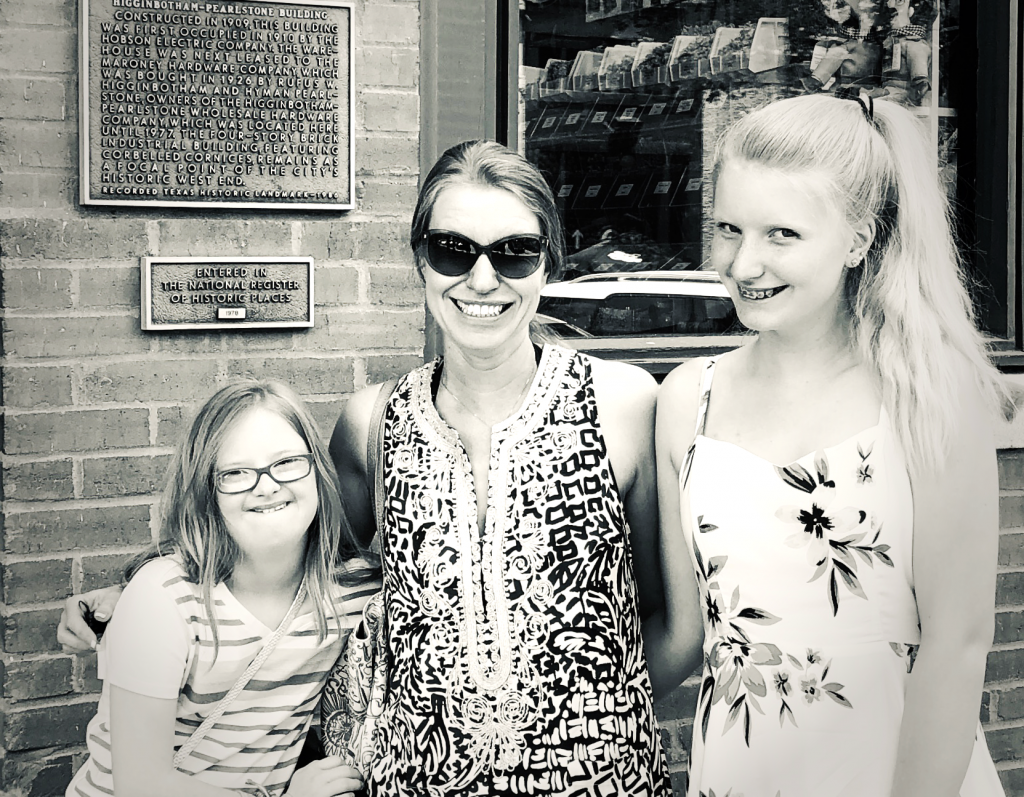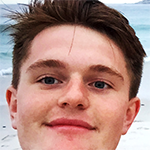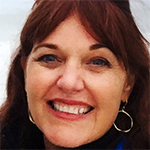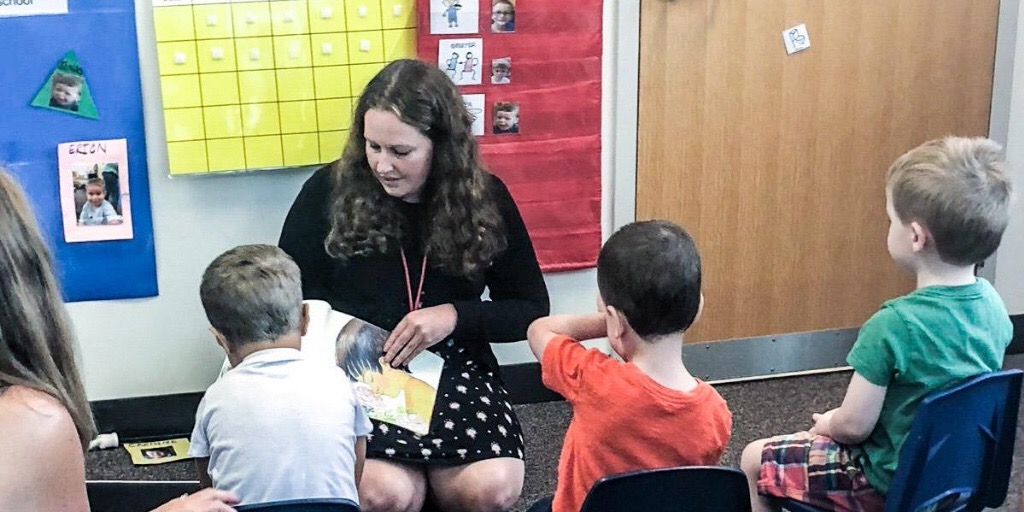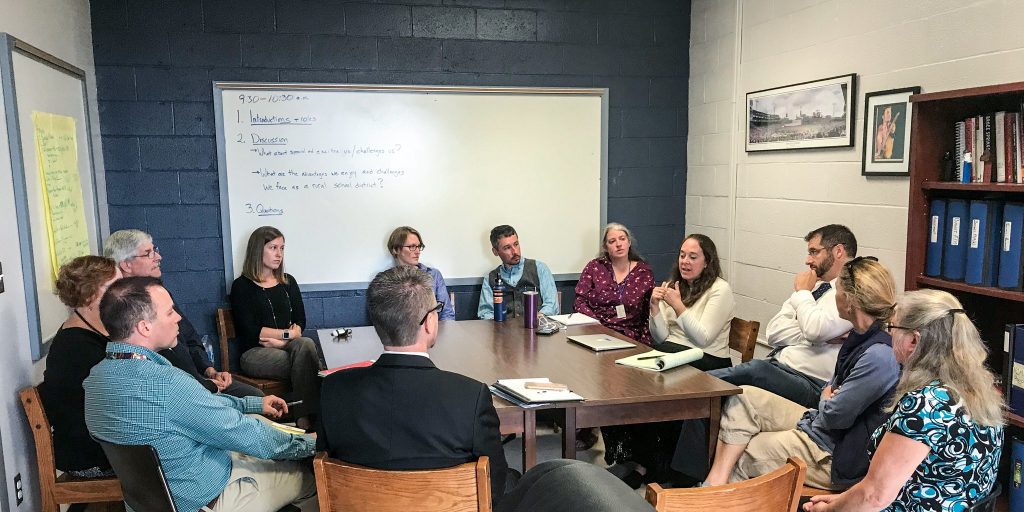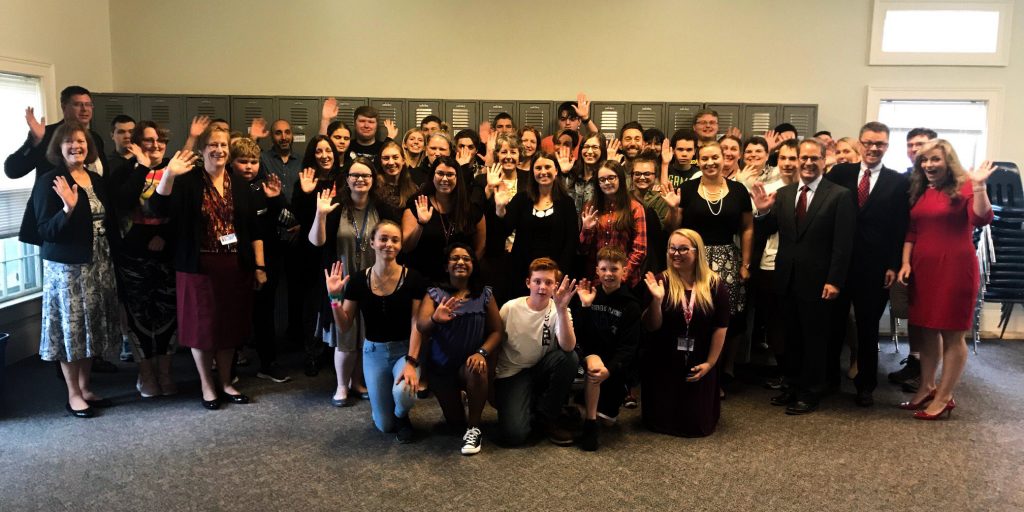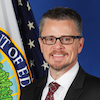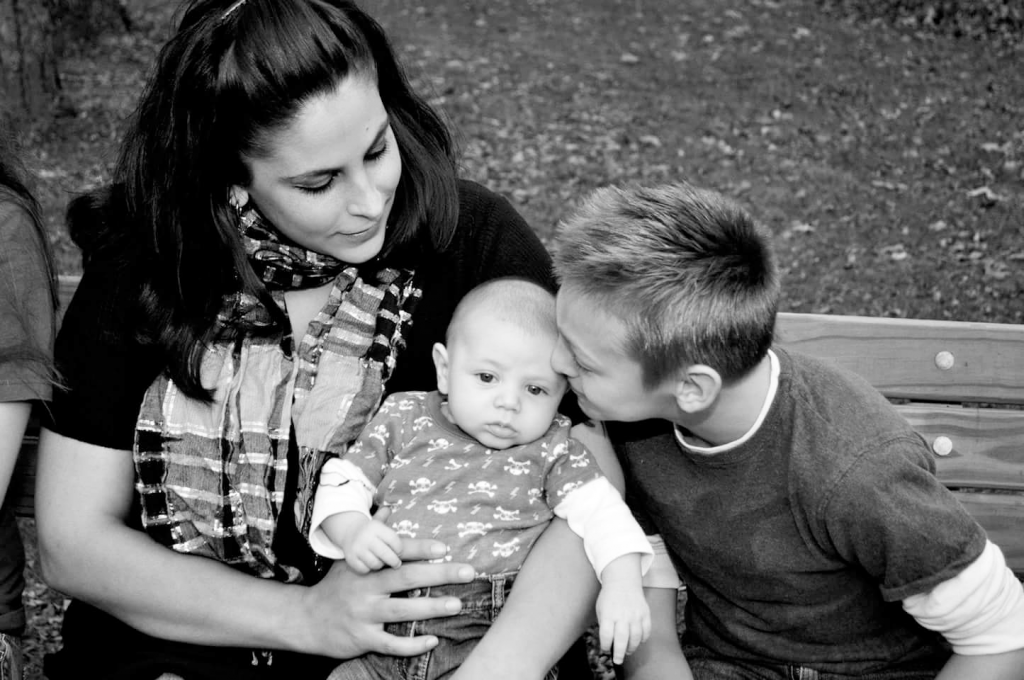
Candice Crissinger and children
Note: October is Learning Disabilities/Dyslexia/Attention Deficit Hyperactivity Disorder (ADHD) Awareness Month
“High achievement always takes place in the framework of high expectation.”
—Charles Kettering, American inventor, engineer and businessman.
As parents, we all want to see our children reach their full potential. Our visions of their successes and accomplishments may vary, but we all yearn to guide our children to greatness. How do we set them up to fulfill their potential? What foundations are we building for them? What roadmaps can we provide to help them navigate on their journey?
I am the proud mother of three terrific children (Biased? Yes!). While each of them is unique and inspiring in their own abilities and qualities, my sons have some very distinct similarities.
In the early school years, both began showing similar behaviors: high impulsivity, defiance, acting out, disruption, the inability to follow direction and under-developed social skills.
Both were bright and strong willed and insisted on doing things their own way in their own time.
Both were identified by educators as “challenging and difficult” and by peers as a “bad kid.”
They were both evaluated at five years old, 10 years apart. That’s where the similarities ended.
Let’s start with my older son’s journey.
Read More
